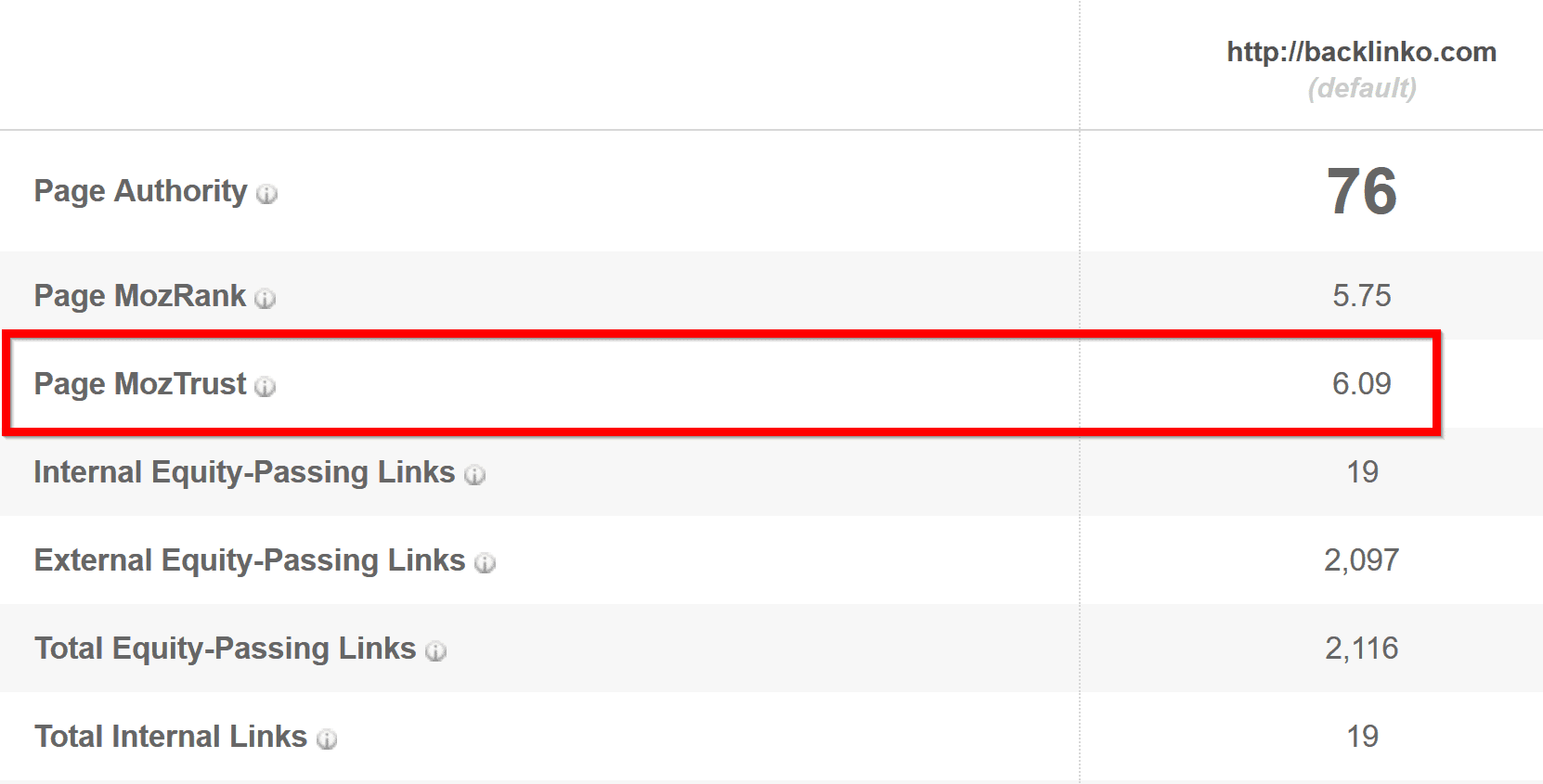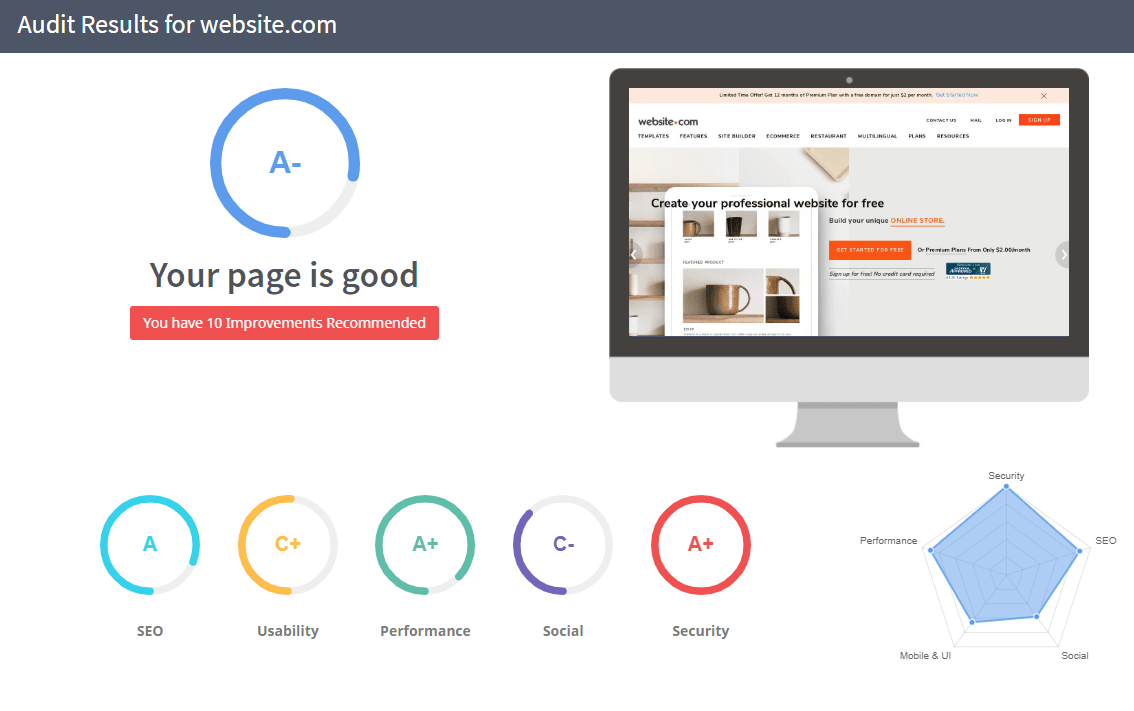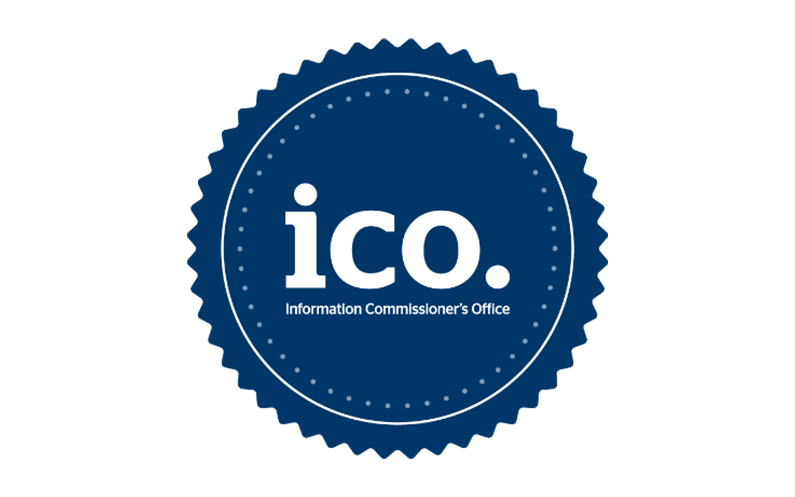In the ever-evolving landscape of SEO, we’ve gathered insights from nine SEO experts and business leaders, including SEO specialists and owners, on adapting blog writing services to the whims of search engine algorithms. From the necessity of staying informed and adapting quickly to the importance of emphasizing natural keyword integration, discover how these professionals are redefining keyword density and optimization tactics for 2024.
Table of Contents
Toggle
Stay Informed and Adapt Quickly
Staying ahead in SEO is like keeping up with the latest trends in fashion—it’s ever-changing and requires constant attention. Here’s how SEO blog writers stay on top:
- Continuous Learning – SEO experts constantly follow industry updates, attend webinars, and participate in forums to stay informed.
- Data-Driven Adjustments – Analyzing the impact of algorithm updates using tools like Google Analytics helps in tweaking strategies.
- Quality Content – Consistently creating relevant, informative, and engaging content is key.
- User Experience (UX) – Ensuring fast-loading, mobile-friendly pages with easy navigation is crucial.
- Diversified Tactics – A mix of on-page, off-page, and technical SEO strategies ensures a well-rounded approach.
Keyword density has evolved. Here’s how it fits into modern SEO:
- Natural Integration – Keywords are used organically within the content.
- Semantic SEO – Using related terms and understanding context is more effective than keyword stuffing.
- User Intent – Tailoring content to meet the specific needs behind search queries.
- Content Depth – Focus on creating comprehensive, well-researched content.
- Engagement Metrics – High engagement and low bounce rates signal valuable content to search engines.
In 2024, it’s all about being adaptable, informed, and user-focused. Keyword density still matters, but it’s just one part of a broader strategy.
Priyanka Harlalka, SEO Specialist
Prioritize Quality and Relevance
SEO blog writing services adapt their strategies to frequent search-engine algorithm changes by focusing on high-quality content, user intent, and staying updated with the latest SEO trends and guidelines. They emphasize creating valuable, informative, and engaging content that meets users’ needs. Regularly analyzing performance data and adjusting tactics accordingly ensures alignment with algorithm updates.

In 2024, keyword density plays a less significant role compared to previous years. Modern SEO prioritizes context and relevance over mere keyword frequency. Keyword usage should be natural and support the overall topic, enhancing readability and user experience without keyword stuffing.
Instead, a broader approach, including semantic search, entity recognition, and topical authority, is emphasized to ensure content comprehensiveness and relevance. Thus, keyword strategy now involves understanding related terms, user intent, and incorporating a variety of relevant phrases naturally within the content.
Larry Weideman, Operations Manager of Search, KARMA jack
Balance Keywords With Natural Language
Adapting SEO blog writing strategies to frequent changes in search engine algorithms is essential. I’ve found that staying ahead involves a combination of continuous learning and practical application. One real-life example is when Google rolled out its BERT update. We immediately shifted our focus to more natural language processing and context over exact keyword matching. This meant retraining our writers to create content that answered user queries more naturally, improving both readability and search relevance.

In 2024, keyword density still plays a role, but it’s no longer about stuffing content with keywords. Instead, it’s about strategic placement and relevance. For instance, while working on a project for a client in the e-commerce sector, we balanced keyword usage with user intent, ensuring keywords appeared where they naturally fit within high-quality content. This approach not only improved rankings but also enhanced user engagement, leading to better overall performance. The key is to focus on creating value-driven content that resonates with readers while staying aligned with algorithmic preferences.
Brandon Leibowitz, Owner, SEO Optimizers
Build Authority and Community Ties
As an SEO agency owner, adapting to algorithm changes is crucial for our clients’ success. We monitor our rankings and traffic closely to see how updates impact our strategies. Keyword density is no longer a major factor. Now, we focus on providing high-quality, valuable content, building authority through links and social shares.

For example, when Google updated to favor longer content, we shifted from short blog posts to in-depth guides. We also revamped metadata and internal linking to improve search visibility. Partnerships, like donating interactive materials to schools, have generated press coverage and spikes in organic traffic, allowing us to reward our team.
The key is finding ways to genuinely support your community. Seek win-win partnerships that highlight your unique value. While SEO is constantly changing, real-world impact and authority drive sustainable growth. By prioritizing those, we’ve built a thriving agency.
Josh Cremer, CEO, and Creative Director, Redfox Visual
Craft Compelling, Quality Narratives
Adapting to the ever-shifting landscape of SEO is a constant challenge, but it’s one that we embrace head-on. We stay ahead of the curve by constantly learning, researching, and analyzing data. We’re not just following trends; we’re actively shaping them.

Here’s the deal: keyword density isn’t the be-all and end-all of SEO in 2024. It’s about creating high-quality, informative content that genuinely helps people. We focus on natural language and readability, incorporating relevant keywords strategically without sacrificing the user experience.
We’re not just stuffing keywords into articles; we’re crafting compelling narratives that resonate with our audience. We believe that when you create content that people actually enjoy reading, the search engines will take notice.
Michael Lazar, CEO, Content Author
Connect With Readers, Not Algorithms
In 2024, SEO blog-writing services adapt to frequent search engine algorithm changes by focusing on providing genuine value and connecting with readers. With the rise of AI-generated content, it’s crucial to approach content creation from the reader’s perspective. Readers can easily detect overly optimized or quickly produced content, so emphasizing personal stories, expertise, and valuable insights is key.

Also, integrating various content mediums like video and audio enhances engagement. While keyword density still plays a role, the primary focus should be on creating engaging, high-quality content that resonates with readers, as this will ultimately rank well over time.
Andy Feliciotti, Co-Founder, RightBlogger
Abandon Outdated Keyword Density Tactics
Keyword density should be confined to the dustbin of archaic SEO “tactics” that should never have been uttered in the first place.
Seriously, if you are talking to an SEO in 2024 and they talk to you about keyword density as a tactic—run!
Keyword density and keyword proximity have an influence, but so does user behavior and click-backs from people that read text produced with these metrics in mind.
Search is smart. Stuffing keywords in to hit a target keyword density is not.
The best adaptation that content marketers can make is to research what their audience is searching for (Search Intent), look at what Google is supplying (SERP Intent), and meet those needs in the most concise and compelling way possible.
Trevor Stolber, Co-Founder, CTO, VibeLogic
Incorporate Continuous Learning and Audits
SEO blog writing services constantly adapt their strategies to keep up with frequent changes in search-engine algorithms by staying informed about the latest updates and best practices. One of the primary ways they achieve this is through continuous education and monitoring of industry news and updates from major search engines like Google. SEO professionals regularly attend webinars, read industry blogs, and participate in forums to stay ahead of algorithm changes.

A critical aspect of adapting strategies involves performing regular content audits. SEO blog writing services routinely review and update existing content to ensure it aligns with the latest algorithm requirements. This includes optimizing meta tags, headers, and internal links, as well as improving content readability and engagement. By doing so, they ensure that the content remains relevant and competitive in search engine rankings.
In 2024, the role of keyword density in optimization tactics has evolved significantly. While keyword density was once a primary focus, the emphasis has shifted towards creating high-quality, user-centric content. Search engines now prioritize content that provides value and answers users’ queries comprehensively. As a result, SEO blog writing services focus on incorporating keywords naturally within the context, rather than forcing a specific density.
Modern SEO strategies prioritize semantic search and natural language processing (NLP). This means understanding the intent behind search queries and creating content that addresses those needs. Instead of concentrating on exact keyword matches, SEO professionals now use related terms and phrases that align with the topic.
Another key strategy involves leveraging structured data and schema markup. These elements help search engines understand the context of the content and provide richer search results, such as featured snippets and knowledge panels.
We have seen firsthand how adapting to these changes can yield significant results. For instance, by focusing on creating high-quality, informative content and optimizing it for user intent, we helped a client improve their organic search traffic by 50% within six months. This involved regularly updating their blog posts, incorporating semantic keywords, and enhancing the overall user experience.
John Reinesch, Founder, John Reinesch Consulting
Emphasize Natural Keyword Integration
I think SEO blog writing services adapt to frequent algorithm changes by staying updated with the latest trends and best practices. In my experience, this involves continuously educating themselves through industry blogs, attending webinars, and participating in SEO forums. They also run regular audits on their content to ensure compliance with new algorithm requirements.
In 2024, the role of keyword density has evolved. While it’s still important, it’s no longer about stuffing keywords into the content. I believe the focus is now on keyword relevance and natural integration. Using synonyms and related terms (LSI keywords) ensures the content reads naturally while remaining optimized. Emphasizing high-quality, user-focused content is key, as search engines prioritize content that provides real value to readers.

